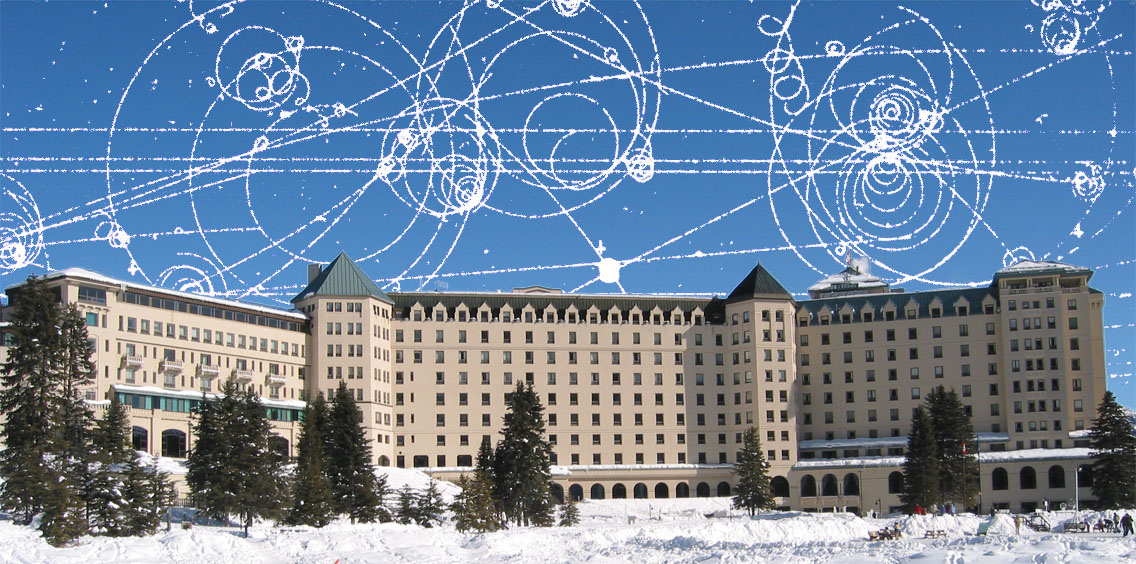Speaker
Description
The Compact Muon Solenoid (CMS) detector at the CERN Large Hadron Collider (LHC) is undergoing an extensive Phase II upgrade program to prepare for the challenging conditions of the High-Luminosity LHC (HL-LHC). In particular, a new timing layer with hermetic coverage up to a pseudo-rapidity of |η|=3 will measure minimum ionizing particles (MIPs) with a time resolution of ~30ps. This MIP Timing Detector (MTD) will consist of a central barrel region based on LYSO:Ce crystals read out with silicon photomultipliers and two end-caps instrumented with radiation-tolerant low-gain avalanche diodes. The precision time information from the MTD will reduce the effects of the high levels of pile-up expected at the HL-LHC and will bring new and unique capabilities to the CMS detector. The time information assigned to each track will enable the use of 4D reconstruction algorithms and will further discriminate interaction vertices within the same bunch crossing to recover the track purity of vertices in current LHC conditions. For instance, in the analysis of di-Higgs boson production, a timing resolution of ~30-40 ps is expected to improve the effective luminosity by about 25% through gains in b-tagging and isolation efficiencies. We present motivations for precision timing at the HL-LHC and overview the MTD design, while also highlighting specific physics studies benefiting from the improved timing information.

